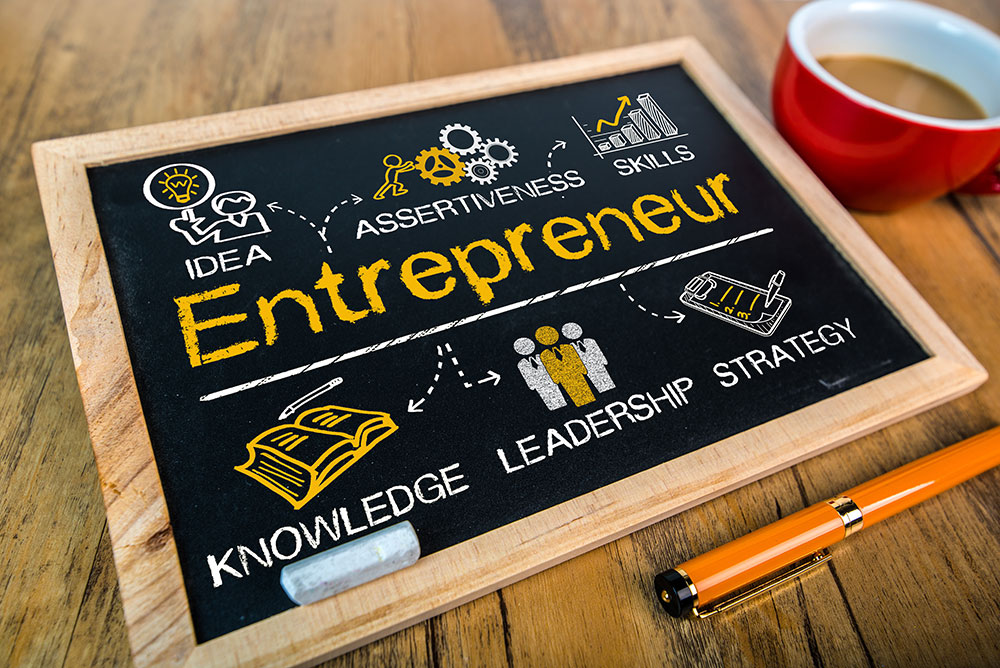A New Career Model: From Stability to Flexibility
The traditional model of career stability, where individuals stayed in the same role or industry for decades, has become obsolete. Professionals now transition across various roles and industries, requiring flexibility and ongoing skill development.
Continuing education equips individuals with the tools to remain competitive. Flexible programmes allow working professionals to balance education with their job responsibilities, enabling them to integrate growth seamlessly into their lives.
Explore the role of small businesses in economic growth.
Continuing Education: A Source of Growth
Beyond staying updated with industry trends, continuing education fosters deeper personal and professional growth. It enhances technical expertise, critical thinking, leadership, and problem-solving abilities—qualities highly valued in today’s workforce.
Pursuing advanced degrees or short courses, like a PhD, offers a transformative experience. It builds resilience, sharpens time management skills, and broadens one’s perspective. These experiences empower individuals to rethink their approach to leadership and innovation.
Learn how to build a personal brand in the digital era.
Success in Personal Terms
Modern success is defined less by income or titles and more by personal satisfaction, work-life balance, and meaningful contributions. Continuing education allows professionals to align their careers with personal values and goals.
Earning advanced qualifications can deepen one’s understanding of their field, contribute to societal progress, and redefine what achievement means. This approach encourages professionals to pursue careers that reflect their aspirations and create lasting impacts.
Stay updated with the latest campus news.
New Career Opportunities
Continuing education expands horizons, introducing professionals to new industries and roles. Many begin their journey aiming to improve in their current roles but end up exploring entirely new paths. Executive education often prepares professionals for leadership roles, while others discover a passion for research or social impact.
This adaptability underscores the transformative potential of lifelong learning.
Agility and Adaptability: Key to Success
The modern workforce values adaptability and agility. Continuing education empowers professionals to respond to industry changes and apply new skills directly to their roles. This practical approach ensures they stay ahead and ready for challenges.
Flexible learning formats, such as online or hybrid courses, make education accessible, allowing learners to grow without disrupting their careers.
Lifelong Learning: The Key to Sustainable Success
As industries evolve, the significance of lifelong learning becomes increasingly apparent. Professionals committed to continued education gain the tools to thrive in changing landscapes, embrace new roles, and stay competitive.
By redefining success, lifelong learners align their growth with their values and discover new opportunities. They contribute meaningfully to their industries, build resilience, and make lasting impacts on their communities.
FAQs
1. Why is continuing education important for professionals?
Continuing education helps professionals stay competitive, develop new skills, and explore diverse career opportunities. It fosters personal and professional growth, enabling them to adapt to evolving industry demands.
2. Can continuing education improve work-life balance?
Yes, flexible learning formats allow professionals to pursue education without compromising their jobs, creating a better balance between personal growth and professional responsibilities.
3. What are the benefits of lifelong learning?
Lifelong learning enhances adaptability, leadership skills, and critical thinking. It opens up new career opportunities and empowers individuals to achieve personal and professional fulfillment.
4. How does continuing education promote personal development?
It encourages critical thinking, broadens perspectives, and strengthens time management and problem-solving abilities, fostering holistic growth.
5. Can continuing education help in changing industries?
Absolutely. By acquiring new skills and certifications, professionals can transition to different industries or take on leadership roles in their current fields.


